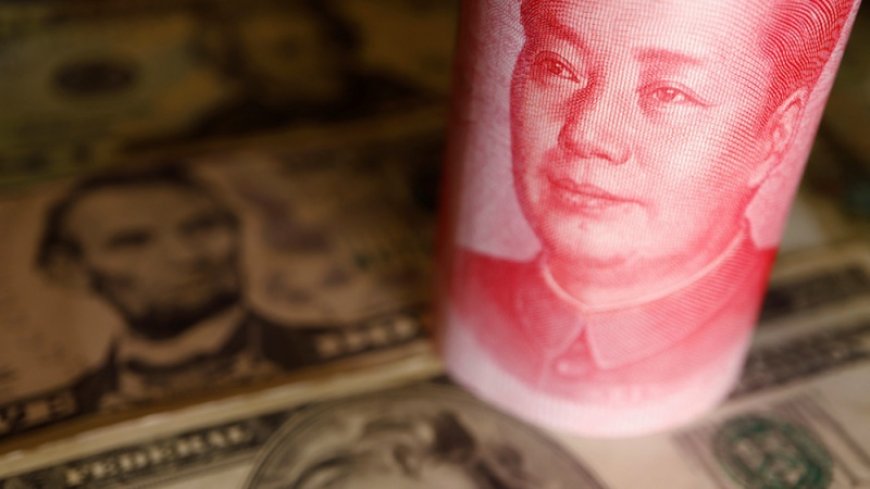Bolivia abandons the dollar in favor of the yuan
Bolivia abandons the dollar in favor of the yuan

Bolivia joins Brazil and Argentina in using Chinese currency for its international payments: a real challenge to the hegemony of the greenback for which times have been tough on the foreign exchange markets. Marcelo Montenegro, Bolivia's Minister of Economy, announced on Thursday that his country's financial transactions based on the Chinese yuan during the months of May to July 2023 amounted to 278 million yuan (38.7 million dollars). , or 10% of the country's foreign trade. “We already use the yuan. This is a reality and a good start,” Montenegro said at a press conference, adding that exporters of bananas, zinc and wood manufacturing as well as importers of vehicles and capital goods are carrying out Yuan transactions through the state-owned Banco Unión.
The use of the yuan is increasing in the Latin America and Caribbean region, particularly among countries seeking to strengthen relations with China, according to Margaret Myers, director of the Asia and Latin America program at the Inter-American Dialogue, a group Washington-based think tank. Benjamin Gedan, director of the Latin America program at the Washington-based Wilson Center, also expressed deep concern in Washington about threats to the dollar's special role in regions like Latin America. He said China's new role as a lender of last resort in Argentina, and Bolivia's use of the yuan for international trade, are signs of a new world order in economic exchanges. Bolivian President Luis Arce said earlier this month that the Andean country was looking for alternatives amid a "dollar liquidity crisis".
During a visit to China in April, Brazilian President Luis Inácio Lula da Silva questioned the ubiquity of the US dollar in foreign trade. Earlier this year, Argentina's government unveiled a plan to use the yuan to pay for imports from China to shore up its dwindling foreign exchange reserves and even hinted it could default on its debt to the International Monetary Fund using the Chinese Yuan. In Brazil, at the end of 2022, the yuan overtook the euro as the second most important currency in foreign exchange reserves. At that time, 5.37% of the country's central bank assets were in Chinese currency and 4.74% in euros. Now in Bolivia, after months of severe shortage of dollars, the use of the yuan is beginning. The sweeping US sanctions against Russia following the Russo-Ukrainian war have sent a warning to the rest of the world about the risks of the US using the dollar as a tool for geopolitical gain.
Several countries are looking to get out of their dependence on the dollar and China is promoting the yuan as an alternative. China has become a major rival for the United States, a rivalry that is growing on many levels. Last month, Pakistan paid for its first shipment of crude oil from Russia in Chinese yuan. In February, the Central Bank of Iraq, a major oil supplier, announced that it would allow trade with China in yuan for the first time. Members of the Shanghai Cooperation Organization, SCO, have agreed to increase trade through their local currencies. Brazil is also seeking to remove the dollar from its trade. When Brazilian President Lula da Silva visited China earlier this year, he castigated the monstrous role of the US dollar in the global economy. The two nations have forged a bloc to replace the dollar with their own currencies in their trade deals. Last year, Saudi Arabia and China held talks to price some of the oil sales in yuan rather than dollars. BRICS member countries, including Brazil, Russia, India, China and South Africa, are also on the verge of completely eliminating the use of dollars in international trade by developing their own currencies.













































